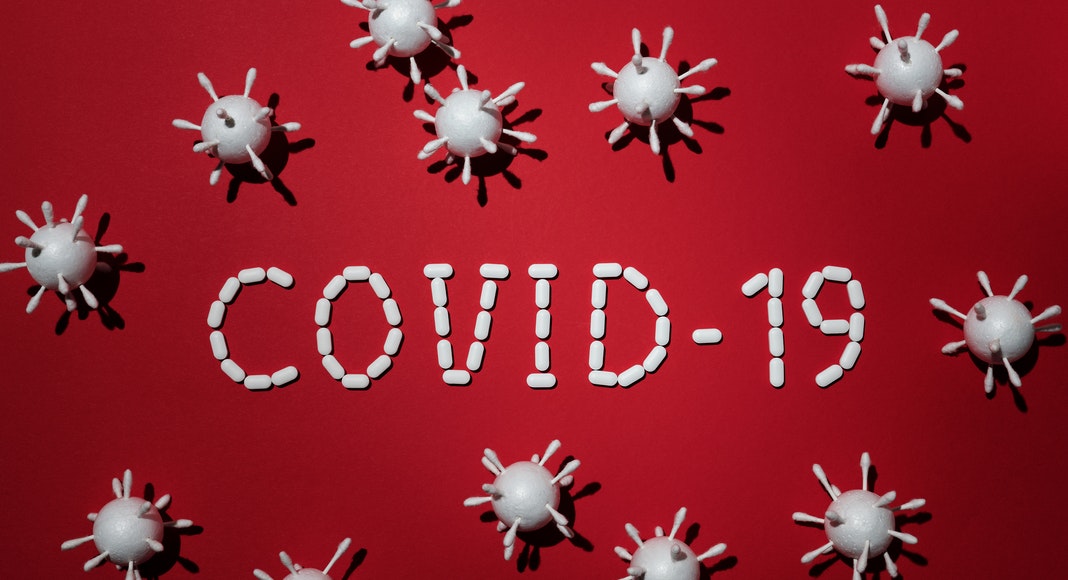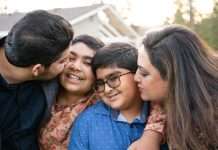
We recently sat down with Dr. Julia Getzelman of Getzwell Pediatrics and asked her some questions about school-aged children and COVID-19. San Francisco Bay Area Moms also had other COVID-19 related questions and we have some answers for you.
The American Academy of Pediatrics, Updated Statement
On August 19, 2020, The American Academy of Pediatrics updated their statement COVID-19 Planning Considerations: Guidance for School Re-entry. One of the updates is “based on the latest evidence including that children under 10 years may be less likely to become infected and spread infection, while those 10 years and older may spread it as efficiently as adults.” Another update is the “emphasis on the need to address racial and social inequities in education.” The main changes can be found here.
Most concerning complications that are found in COVID-19 positive children
Some of the most concerning complications in children are related to the effect that the coronavirus can have on a child’s neurological function; including hallucinations and seizures. Another study in the Journal of Pediatrics has raised concern over the higher viral load children have. That means that in some studies, children carry more of the virus in their body.
COVID-19 Testing
Our moms had lots of questions regarding testing. Always consult your own physician regarding your concerns, but we found some guidance from the Centers for Disease Control:
Can someone test negative for COVID and then later test positive on a viral test for COVID 19?
- “Yes, it is possible. You may test negative if the sample was collected early in your infection and test positive later during this illness. You could also be exposed to COVID-19 after the test and get infected then. Even if you test negative, you still should take steps to protect yourself and others.”
If I test positive for COVID-19, should the rest of my household also get tested?
- The first thing you should do is contact your doctor and/or the pediatrician of your children. Alert them to what is going on and what your test result was. They will give you specific guidance for home isolation, keeping other family members safe, and testing if needed.
If I tested positive for COVID-19, why would I get the antibody test?
- If you had a positive COVID-19 test, it may not be necessary to get the antibody test. Talk to your doctor.
If you test positive for COVID antibodies, how often should you get retested to make sure you still have the antibodies and that the testing was accurate?
- Until we know more about COVID-19, here is what the CDC is recommending: “Regardless of whether you test positive or negative, the results do not confirm whether or not you are able to spread the virus that causes COVID-19. Until we know more, continue to take steps to protect yourself and others.”
How long do COVID-19 antibodies last?
- It is unclear how long the antibodies last, but you should continue to protect yourself and others because you could get infected with the coronavirus again.
Is social distancing needed if I have antibodies?
- Don’t assume you can’t pass the virus simply because you have antibodies. Again, it is unclear how long the antibodies last, but you should continue to protect yourself and others because you could get infected with the coronavirus again.
How does herd immunity work?
Herd immunity is usually achieved when there is a vaccine readily available. What happens is that most of the population becomes immune to a disease and therefore naturally protects those that are not immune. We are far from herd immunity in the United States. Harvard Medical School indicates that “somewhere between 60% and 70% of the population needs to be immune in order to achieve herd immunity. That’s close to 200 million people in the United States, and nearly five billion people worldwide.”
Do you have additional questions you want to ask? If so, please comment below or email us at info@sanfranciscomoms.com
The information on this website is not intended or implied to be a substitute for professional medical advice, diagnosis, or treatment. All content, including text, graphics, images, and information, contained on or available through this website is for general information purposes only. Always seek the advice of your physician or other qualified health care provider with any questions you may have regarding a medical condition or treatment and before undertaking a new health care regimen. Never disregard professional medical advice or delay in seeking it because of something you have read on this website.
















